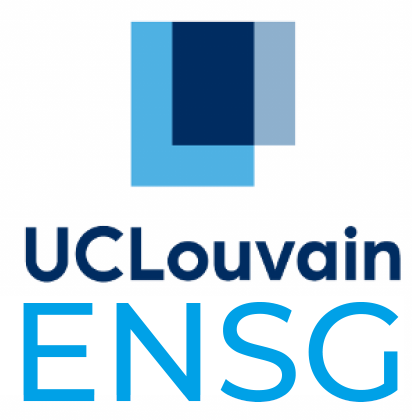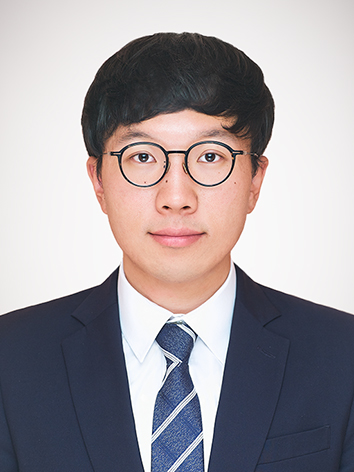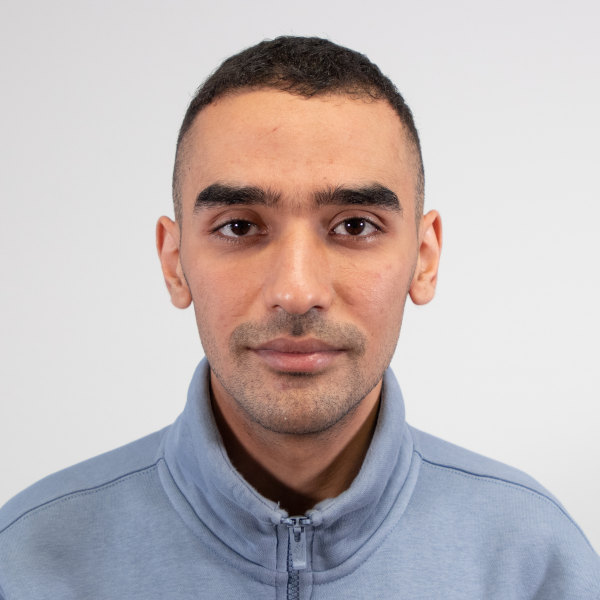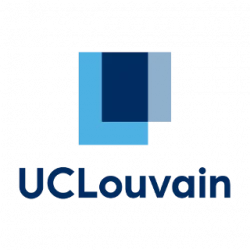Efficiency of Networked Systems Group

Upon joining UCLouvain in 2022, I established the Efficiency of Networked Systems Group to conduct research in the areas of programmable networks, SmartNICs, NFV, data-centers, and high-speed packet processing. The ENSG is part of the INGI department, house of a team comprising 15 professors, over 50 PhDs, and post-doctoral researchers, advancing the realms of computer science and engineering. Our ICTEAM research institute conducts cutting-edge research in information and communication technologies, electronics, and applied mathematics, encompassing both fundamental and practical investigations. Part of UCLouvain, the largest university in the French-speaking part of Belgium, including Brussels, our research catalyzes knowledge to a diverse student body of 34,000. UCLouvain is a unique concept, building a city around a University. Pay us a visit!
People




(in co-supervision with Etienne Riviere)



Open positions
Following many recent hiring, we do not wish to expand the team at the moment. But we’re still open to collaborations, of course!
We also have a series of possible internal funding available at UCLouvain, such as teaching assistant positions and multiple grants especially, but not only, for people in situations of mobility (living abroad and wanting to move here), others at the Belgium national research agency (twice a year for PhDs, once a year for post-docs) or you might apply to an EU MSCA funding.
We also have many brilliant colleagues in the areas of networking, systems, and cybersecurity here at UCLouvain with open positions, with whom you might want to apply or try to find a common project with me and one of them.
So, if you’re looking for research opportunities, just contact us! We also have open subjects for master’s thesis and internships.
Objectives
The Internet was designed at a time when computers were monolithic devices transferring data over a network of routers and switches. This paradigm does not match the reality of today’s devices, which are composed of several elements of different natures (CPU cores, RAM, storage, NICs, GPU, etc). Our group will study the fundamental challenges for the Internet to catch up with this shift of paradigm. Much like atoms were later refined into a set of particles, the aim of the group is to reconsider the communications of hosts to enable the next leap in the Internet evolution.
We will use the newfound programmability of the network, i.e., P4 switches and Smart NICs, to enable sub-atomic communications over the Internet. The SmartNIC of a host may essentially act as a transparent multiplexer for the sub-devices of the host, bypassing unneeded CPU transfers, and saving time and energy. Smart switches will similarly act as coordinators of the streams. They will also lead the transfers toward the right particles among the increasingly disaggregated data center’s resources that are serving a provider’s content. To overcome ossification, they may expose information and negotiate a behavior for each particle’s streams to reach one possible servicing entity through the best paths. It will be possible without going back to the “ends”, and therefore enable particle-to-particle encryption as well as network efficiency.

